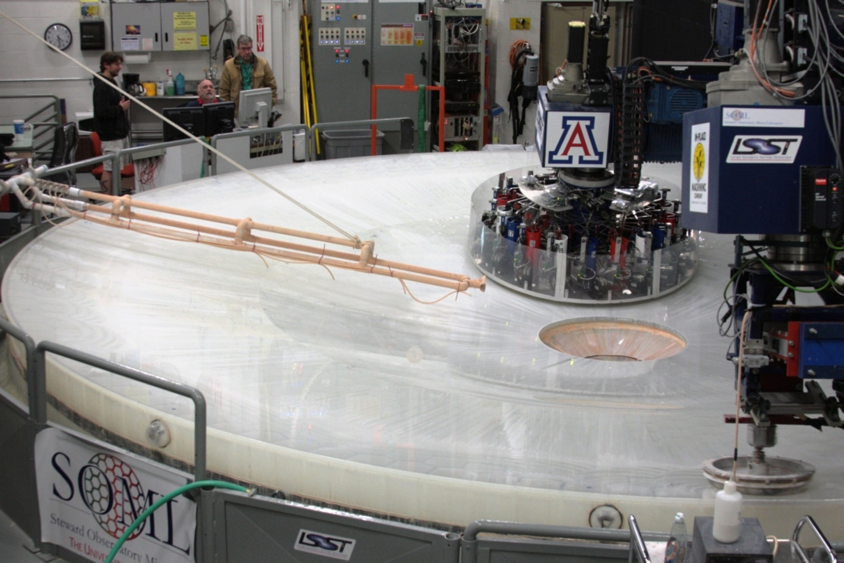The Pima County Sheriff’s Department and Nogales Police Department recently accepted grants from the Arizona Governor’s Office of Highway Safety to help control drunk driving.
Pima County received two grants, which total $181,000, and plans to use the money in a variety of ways, such as establishing DUI checkpoints throughout Pima County.
UA Police Department Sgt. Juan Alvarez says DUI checkpoints follow a certain process and must stop a number of cars each night.
“”Once they stop a car, they still have to establish that the person is impaired … by the way they smell or are talking and action,”” Alvarez said.
Officers may lawfully make arrests of underage people even if they aren’t driving if they admit they are underage and the officer suspects they possess or have ingested alcohol.
Peter Gutierrez, head criminal attorney for the Thrush Law Group in Tucson said, “”An underage drinker can be arrested for minor in possession or internal possession – meaning the body possesses the alcohol.””
Gutierrez said that an officer may direct a person to the side of the road for a field sobriety test if he or she has reason to believe the individual is under the influence.
“”The officers will often phrase it as though they do not have a choice but they have the ability to decline,”” Gutierrez said.
DUI checkpoints do not infringe on constitutional rights because they do maintain certain rules.
“”We’ve had evidentiary hearings on the constitutionality of the checkpoints,”” Gutierrez said.
The money will be used to find people with warrants for outstanding DUIs and conduct liquor license inspections. Pima County’s second grant, approximately $12,225, will be used to purchase 25 breath-testing machines for DUI suspects and for investigations of underage drinking.
Nogales police will use the grant to purchase similar equipment and compensate the overtime staff needed for DUI enforcement missions. Such enforcement will center on underage drinkers returning from Mexico and residential parties where underage drinking is suspected.
Alvarez says these grants are positive because they mean more officers on the street patrolling for impaired drivers, encouraging people to take extra safety measures.
“”We just ask people to be safe when they’re out there socializing and having a good time,”” Alvarez said. “”Plan for other ways for getting to where you want to go.””
Gutierrez believes this grant is better spent on regular patrols of the streets than on random DUI checkpoints.
“”What we’ve seen on research and statistics is they generally have these checkpoints all night and they rarely catch a lot of people,”” Gutierrez said.
He says driving under the influence is something Arizona focuses on since the state is not very dense and has little public transportation.
“”Out here, it’s a situation where you need a car to get places,”” Gutierrez said. “”There are a lot more roadways; there are a lot more opportunities for people to be in situations where they can hurt other people — unintentionally, but it does exist, so they’re trying to do what they can to scare people out of that.””
Gutierrez expects that these grants will increase the number of DUI cases his law firm sees. He also imagines it will greatly impact students.
“”The checkpoints are simply more of political shows to groups like MADD and other anti-alcohol groups,”” Gutierrez said. “”It satisfies those people.””
Campus safety coordinator Jason Casares said he believes students have done a tremendous job of driving responsibly.
“”The biggest thing for students is to make themselves aware,”” Casares said. “”If there’s an increase in checkpoints I think obviously it’s important for students to make themselves aware of what their rights are.””









